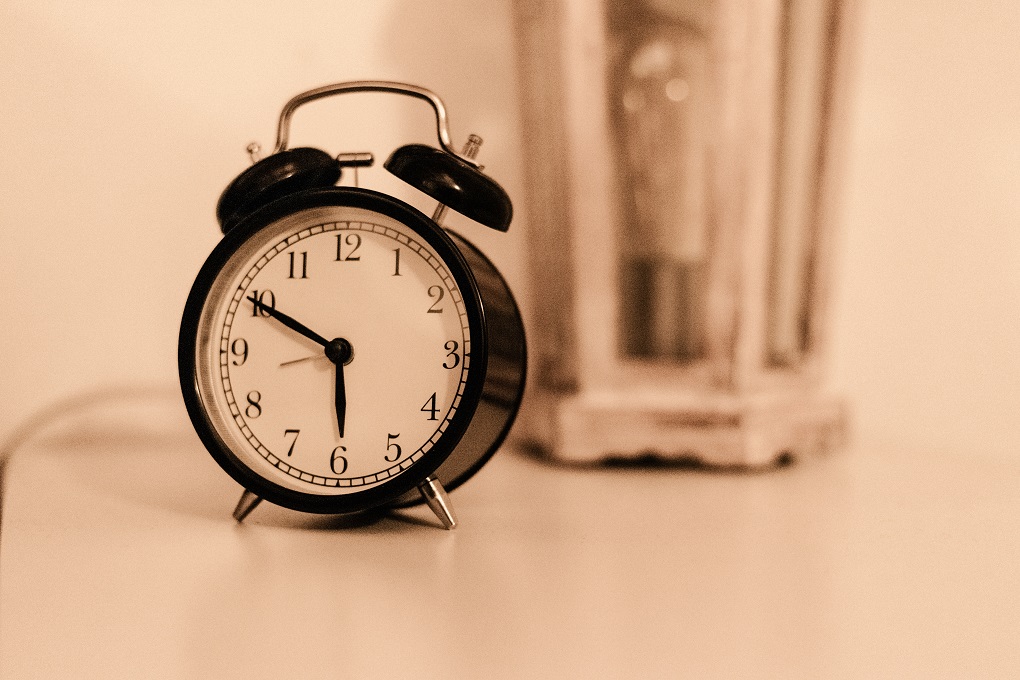Some people are just not built to be morning people. Whatever they do and no matter how much sleep they get, they wake up feeling groggy and tired. Are you one of them? Here are some things you can do to help your situation.

#1. Set a sleep schedule
Grogginess tends to catch people with an irregular sleep schedule. Students who often pulled an all-nighter are prone to sleep inertia. It’s only logical to set a strict sleep and wake schedule so you can feel fresh in the morning.
Since we need eight hours of sleep each night, it’s easy to calculate when you should hit the bed based on what time you wish to wake up. For instance, if you need to wake up at 5 am, you should go to bed at 9 pm at the latest.
#2. Drink water
Your metabolism doesn’t stop when you’re sleeping. It slows down, but your body still needs water to function. That’s why it’s normal for people to be mildly dehydrated in the morning. To avoid the grogginess due to dehydration, drink a glass of warm water before going to bed.
“But then I’d have to pee in the middle of the night!”
OK, then prepare a glass of water on your nightstand. Immediately after you wake up, drink a glass of water to hydrate your body. That said, even if you’re a light-sleeper, you don’t have to worry so much about waking up in the middle of the night if you know how to get back to sleep quickly.
#3. Go get that caffeine
Coffee before bed is bad, but it’s all swell after you wake up. If you want to sip your favorite blend, do so. A cup of coffee has roughly 40mg of caffeine. That much dose of stimulant is enough to raise your heart rate and blood pressure so your energy level shots up. It usually takes a mere 15 minutes for the average people to feel the boost, and it can last for up to five hours.
#4. Do light exercises
Light exercises can clear the annoying fogginess when you wake up. Move your body about in the bed before you sit up. Take a walk around the house while stretching your body. Nothing too rigorous, please. Your heart doesn’t like it when it’s forced to work hard right after a long period of rest.
#5. Use melodic alarms
The sound your alarm makes is affecting how groggy you are in the morning. Researchers at the RMIT University say that the harsh beeping sound ordinary alarms make can confuse the brain when you just wake up. Melodic alarm sounds, on the other hand, help your brain’s transition from sleeping to waking up more effectively and less disruptive too.
So, it’s time to change the alarms sound on your phone to more pleasing tunes. Finding what melody works best may take some trials and errors, but you can be sure the reward will be enormous.




